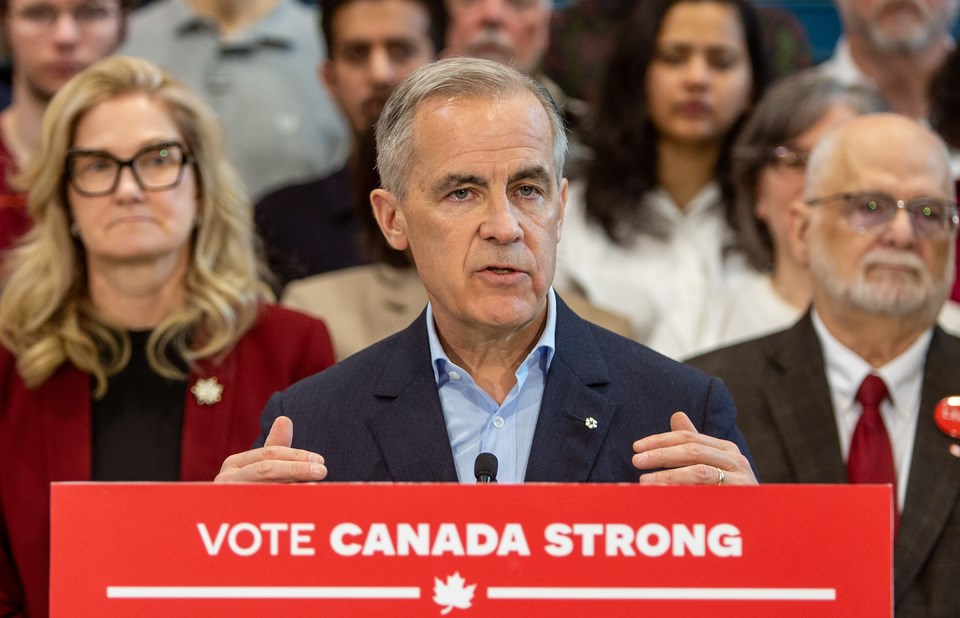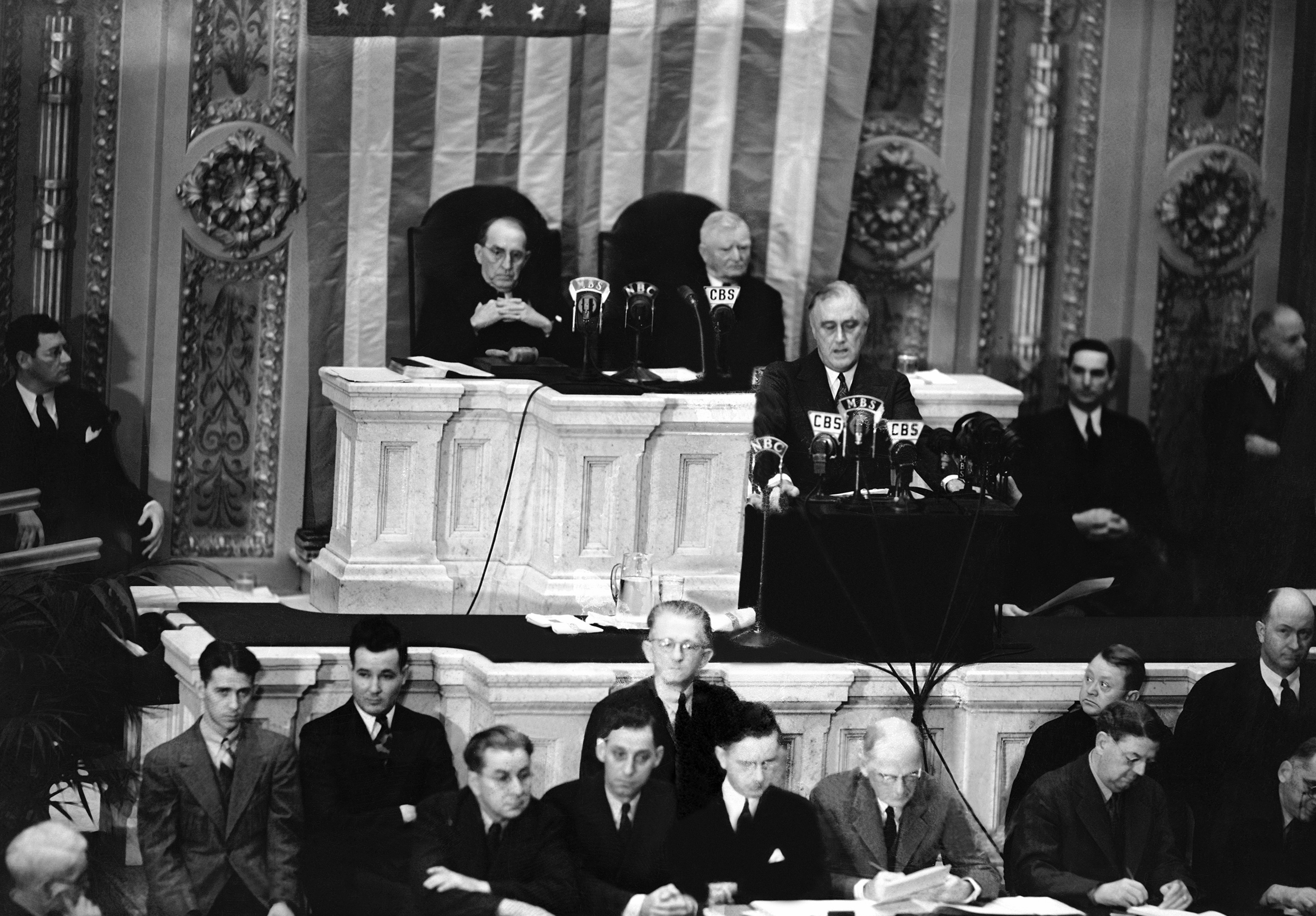Trump's First 100 Days: All The Times The US President Has Made Life Difficult For Starmer So Far

Keir Starmer was already enduring a particularly rocky first few months in office when Donald Trump returned to the White House in January. Not only does the prime minister have little in common politically with his American counterpart, but he and his top team openly criticised Trump during his first term in office. Now, Starmer is much more muzzled. He has to act in the national interest, and he needs to keep the UK-US special relationship alive. But Trump, while still friendly to the prime minister, has certainly not made life easy for him. Here’s a look at just some of the chaos the US president has caused for Downing Street in his first 100 days... Trump upended the west’s united approach to the Ukraine war when he came to office by aligning the US with Vladimir Putin over Volodymyr Zelenskyy. While the Republican made it clear during his campaign that he would push to end the war as soon as possible, his public condemnation of Kyiv left many allies stunned – and delighted the Kremlin. So Starmer has been walking a tightrope as he tries to make it clear that he still supports Ukraine while also avoiding any direct criticism of Britain’s supposed closest ally. For instance, whenever Trump has repeatedly accused Ukraine of starting the war, Starmer has been forced to point out that Putin was the one who invaded Ukraine. Trump has also echoed Kremlin claims that Zelenskyy was a “dictator without elections”, leaving Starmer to point out that the Ukrainian leader was democratically elected in 2019 and that Ukraine cannot have more elections while under martial law. And while Starmer’s government has made it clear that it would support Ukraine for as long as possible and that Kyiv would be at the heart of any negotiations, Trump has tried to force Zelenskyy’s hand over the peace talks. He withdrew military aid and intelligence sharing with Kyiv after their disastrous meeting in the Oval Office, only resuming the support once Zelenskyy said he was ready to accept a ceasefire deal. Some reports even credited Starmer with using direct diplomacy to get the US president and Zelenskyy talking again. But the prime minister’s spokesperson has still had to address Trump’s outlandish claims about the war. For instance, when the president called one particularly deadly Russian strike on the Ukrainian civilians “a mistake”, Starmer’s representative said the attack was “beyond the pale” and “barbaric”. And, when Trump suggested Ukraine give up the occupied peninsula of Crimea in the name of peace, the PM made it clear: “It’s up to Ukraine to determine its own future.” Trump effectively forced Europe to spend more rearming itself by announcing the US would no longer provide a military backstop for the continent. This did enable Starmer to step forward as a new leader in Europe, less than a decade after Brits voted for Brexit. Not only did the UK PM introduce a hike to defence spending, taking it from 2.3% to 2.5% of national income by 2027 – a move which impressed Trump and meant Starmer could present himself as an example to the rest of the continent – but he also created the “coalition of the willing”. This group of countries have promised to back Ukraine in the event of a US-brokered deal with Russia, and Starmer has even offered to put British “boots on the ground” as peacekeepers. However, Starmer is still tethered to Trump on this issue, because he has insisted Europe cannot act without a US security guarantee in Ukraine. And so far, the White House has refused to offer any such support. The PM’s hike in defence also hit him on the domestic front, as he had to take funding from the international aid pot to boost the military – meaning even members of his own party accused him of “betraying the world’s most vulnerable children”. Starmer and his team have spent months both before and after Trump was elected trying to curry favour with the Republican. The PM even extended an invitation for an unprecedented second state visit to the UK, to try and appeal to Trump’s fondness for the Royal Family. But Trump still slapped the UK with a 10% import tax on all British goods going into the States on April 2, in his sweeping tariff announcement. That came on top of a global 25% levy on cars and aluminium. So much for the UK’s special relationship with the US. US tariffs are expected to deliver a 0.7% hit to the UK economy, according to the UK Trade and Business Commission. That’s seven times the 0.1% growth the government secured between July and September. Trade deals Starmer is trying to boost the British economy after putting “growth” at the heart of his government – but has failed to deliver on it so far. His team have been desperate to do what the Tories never could and secure a trade deal with the States. The hope is that an economic partnership would not only lower the tariffs on UK goods entering the US. But in the absence of any firm action from the States, Starmer has also started to look over to the EU. He is set to sign a formal declaration committing to “free and open trade” with the bloc, according to a leaked draft seen by POLITICO. The two allies will look at a “new strategic partnership” between London and Brussels based on “maintaining global economic stability and our mutual commitment to free and open trade.” But the UK prime minister could now be on a collision course with the Trump administration, as such a deal may upset the US agenda.



















